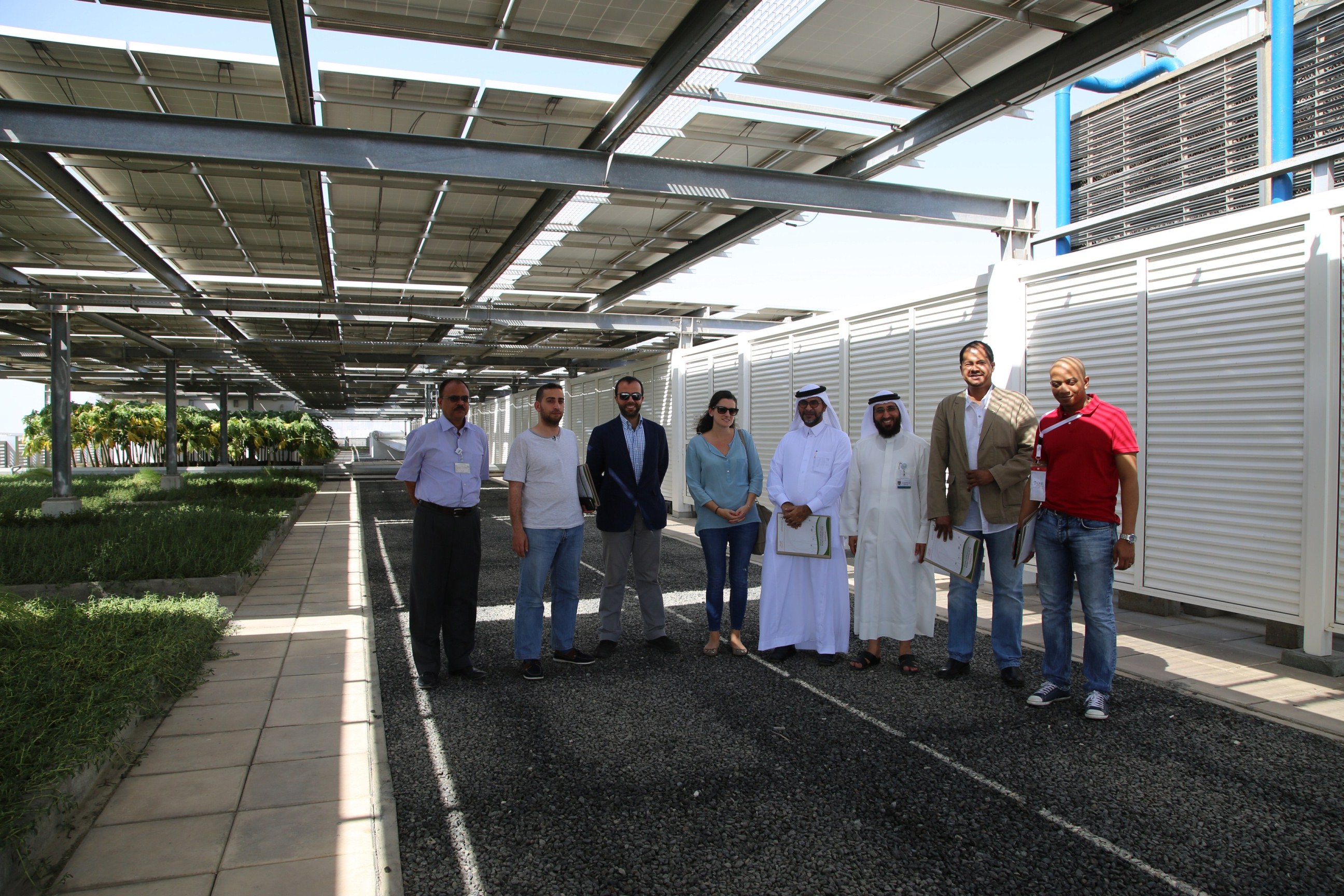
Environment
DEWA organises field visits for UAE Society of Engineers
Dubai Electricity and Water Authority (DEWA) has hosted three field visits to the Mohammed bin Rashid Al Maktoum Solar Park, M-Station at Jebel Ali, and DEWAs Sustainable Building in Al Quoz, by delegations from the UAE Society of Engineers. The delegations sought to learn about DEWAs successful involvements and expertise. These are one of a range of visits by professional associations and institutions.
The visit was in line with our strategy to provide support to engineering societies involved in the energy sector and to highlight DEWAs initiatives that support the Dubai Plan 2021 to position Dubai as a global hub for trade, finance, tourism and sustainability, said HE Saeed Mohammed Al Tayer, MD & CEO of DEWA.
The visit promoted the exchange of knowledge, experience and cooperation, and reinforced joint research and expansion programmes in the renewable energy sector and spread awareness about environmental sustainability, added Al Tayer.
The delegations visited the Mohammed bin Rashid Al Maktoum Solar Park, which is managed by DEWA, and is one of the largest projects that follows the Independent Power Producer model in renewable energy. It will have a production capacity of 1,000MW by 2020, and 3,000MW by 2030. The first phase is now operational with a capacity of 13MW, having been inaugurated on 22 October 2013. The second phase, currently under development, will have a capacity of 200MW by 2017. The Solar Park includes a Research and Development centre, solar energy centre, innovation centre, educational University and training centre.
The delegation toured DEWAs Sustainable Building in Al Quoz and evaluated the various techniques within the building, which is the first government building in the UAE and the largest government building in the world to secure a Platinum rating for green buildings from LEED and a clean development mechanism project. The Sustainable Building makes savings of over 66% in energy through its energy-efficient walls, roof-coatings and glass that has high heat-resistance to reduce energy consumption. They also reduce carbon emissions and preserve the environment.
The building relies on the use of renewable energy through a 660kW solar power plant. The building also uses an integrated plan for managing rainwater to recycle water for use in irrigation. It cuts down on 48% of the water consumed through water-flow devices, low-flow fixtures and sinks. The building also contains a water treatment plant to recycle 100% of the waste water.
The delegation concluded the tour at M-Station, which produces electricity and desalinated water in Jebel Ali, and is the largest power and desalination plant in the UAE. It has capacity to produce 2,060MW of electricity and 140 million gallons of desalinated water a day. Developed at a cost of AED10 billion, it has the highest levels of availability, reliability and efficiency, by using the most advanced techniques in the world.
DEWA plans to raise the efficiency and capacity of infrastructure for the production, transmission and distribution of electricity and water to meet the needs of consumers, developers and other businesses. M-Station has been equipped with the latest smart devices and sophisticated heavy-duty technological systems. DEWA recently marked an expansion with new power generating units of 700MW that will be added to the current production capacity of the plant. This will expand overall production capacity to 2,760 MWupon completion in 2018.
The delegations expressed their gratitude to DEWA, and were impressed by the modern mechanisms and programmes used in the management of projects in energy and water to promote sustainable development and develop the renewable energy sector in the region.
📢
Advertisement Space
750x200 pixels
Click to book this space
Comments (0)
Please log in to post a comment
Login to CommentNo comments yet. Be the first to share your thoughts!